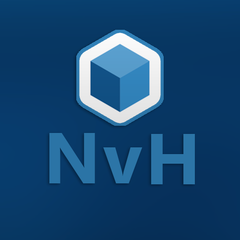Code.org gets serious, launches computer science programs in 30 public school districts

By
Guest
in Tech News
in Tech News
-
Featured Topics
-
Topics
-
Brexy9 ·
Posted in Power Supplies0 -
Brexy9 ·
Posted in Graphics Cards0 -
1
-
PapaAquaWet ·
Posted in Graphics Cards0 -
1
-
2
-
1
-
Average Nerd ·
Posted in Build Logs0 -
6
-
1
-
















Create an account or sign in to comment
You need to be a member in order to leave a comment
Create an account
Sign up for a new account in our community. It's easy!
Register a new accountSign in
Already have an account? Sign in here.
Sign In Now